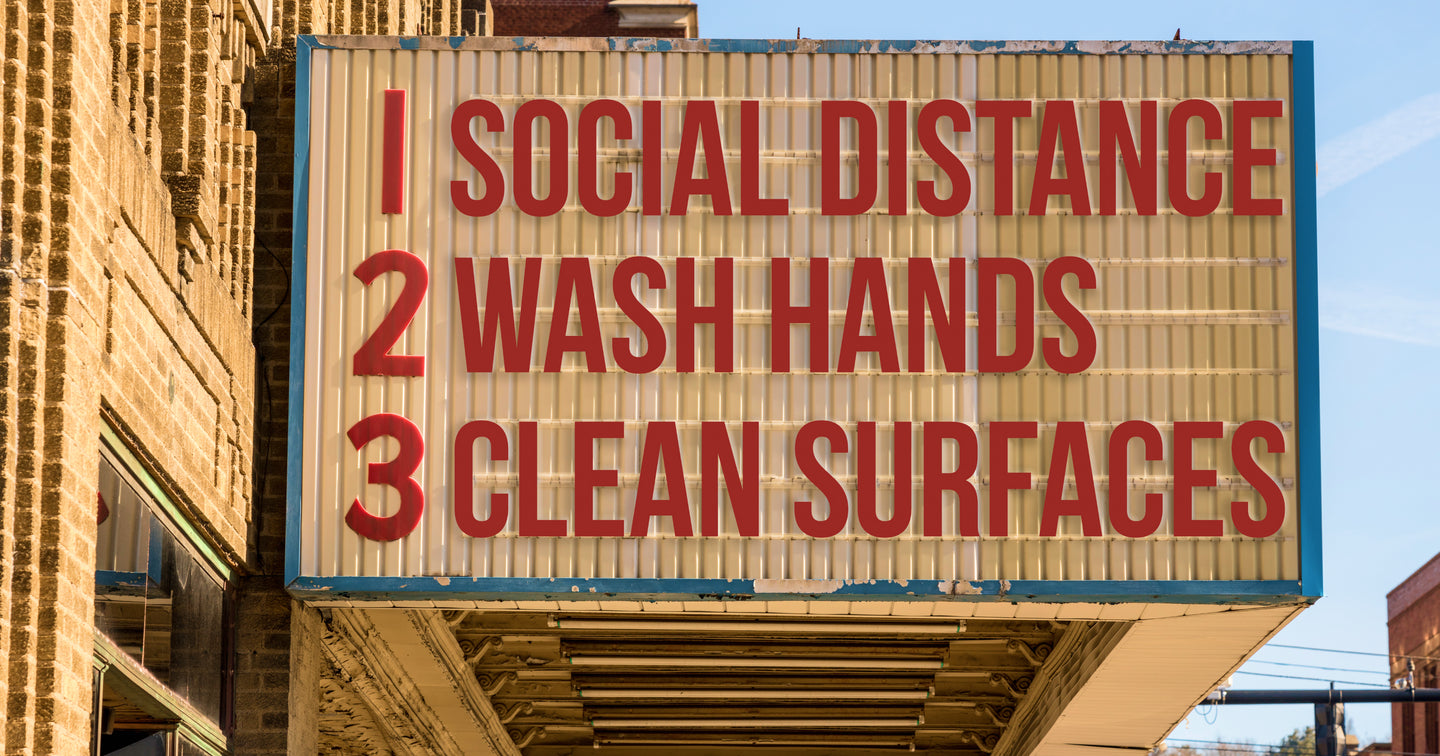There is (and isn’t) so much (mis)information floating around right now -- online, in your inbox, from your friends -- about COVID-19, so I wanted to acknowledge one very common concern: people with diabetes are at higher risk of getting very sick from coronavirus.
For those of us living with diabetes, the stakes are a bit higher in the midst of all these coronavirus updates and press conferences. At least, in terms of heightening our stress levels.
At each news briefing, in each new article, and just about anywhere else we’re getting our coronavirus updates, we keep hearing that people with diabetes (among others) are at highest risk during this time.
That’s cause for concern. Especially because the doctors, scientists, and government officials unanimously keep reiterating that “diabetes” is a major risk factor.
But what exactly does that mean?
Why Are People With Diabetes Considered High-Risk for Coronavirus?
According to the International Diabetes Federation:
As with any virus, common cold, or other illness, diabetes is often a risk factor. This is nothing new.
The overall, historical literature (and personal experience) suggests that people with diabetes do get infections at higher rates than those without diabetes, and often have poorer outcomes.
We are already challenged everyday to keep blood sugars stable; if we don’t, there are consequences. These consequences can be both immediate and long-term.
When we get sick, those daily challenges are exacerbated.
Illness itself can increase insulin resistance. Blood sugars become harder to control. Immune systems are, then, doubly compromised. An already-compromised immune system (diabetes) coupled with an additionally-immunocompromised body (illness) makes recovery time that much longer. Plus, viruses may thrive in high glucose environments.
With a virus in the system causing sustained, elevated blood sugars, it’s more difficult for those of us with diabetes to get better, faster.
This is why people with diabetes -- both type 1 diabetes and type 2 diabetes -- are at higher-risk once they have contracted COVID-19.
Plain and simple: living with diabetes (along with any other pre-existing condition) can mean that any illness (whether it be a cold, influenza, or coronavirus) takes a greater toll on our bodies.
We are not necessarily more likely to become sick. In fact, diabetes itself does not appear to be a risk factor in contracting the virus.
However, having diabetes can complicate the body's ability to fight off COVID-19 once it enters the system. In fact, the stakes can be significantly higher and recovery that much harder, especially if diabetes is poorly managed.
Should You Be Worried About Coronavirus If You Have Diabetes?
You should not be worried. You should be smart.
Everything that’s being put in place by state and federal governments around the country (and world) is for a reason: to stop the spread of COVID-19.
By implementing social distancing and self-quarantines, we can slow down this virus. That goes for people with diabetes, and for people without.
All of us can be hosts (yes, like being a host for The Outsider's El Cuco) and, in turn, spreaders. Even if you have no symptoms (and you have diabetes!), you could still have it. Once you have it, the virus will turn your body into a virus-making machine and you’ll spread it without even knowing it.
How to stay safe and slow the spread? Stay away from people. Stay in your homes. Don’t go to bars. Don’t go to gyms. Don’t go to casinos. Don’t go to restaurants. Don’t touch people. Don’t get close to people. Wash your hands and don’t touch your face.
It’s that simple! It may be boring, annoying even. But it’s how we keep from contracting coronavirus and how we keep from spreading it.
Remember that this is important for all of us. This is more than just about you and whether or not you’re feeling the symptoms. It’s about your entire community, our society as a whole.
Let’s keep all of us safe. And while we’re at it, let’s take advantage of being home!
What a great time to learn to cook, start a new exercise routine, kickstart your low carb regimen (now could not be a more perfect time!) stream past shows from the Met Opera for free, sign up for any number of free trials on basically every single streaming platform, actually start reading all those books you’ve been meaning to get to, or (my personal favorite) go hiking with your dog!
Stay safe. But more importantly, be smart.
We all must do our part. We will get through this! And we’ll do it faster and more successfully if we keep all of our fellow humans top of mind.




